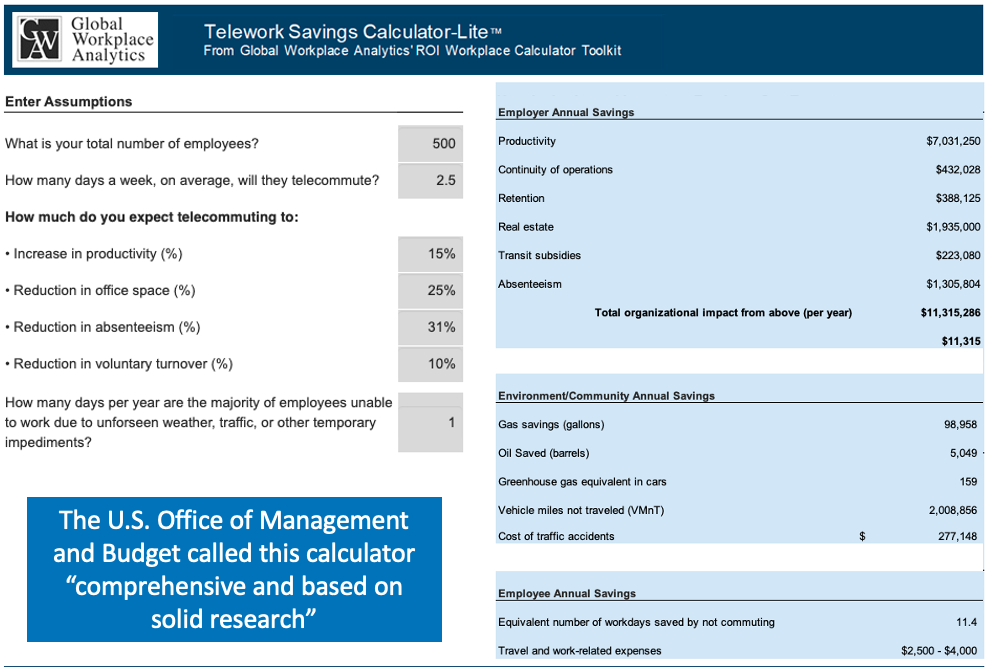Why CFOs Know Remote Work Is Here to Stay
TravelBank recently analyzed TravelBank user data, interviewed customers, and surveyed hundreds of finance and HR leaders. All in an effort to understand the durable effects of the pandemic on workforces. The foremost trend we saw? Remote work is not going anywhere. Despite breathless headlines that certain CEOs are demanding their workforces come back to the office, 74% of US companies are permanently adopting either a fully remote or a hybrid work model (source).
>> Related: 5 2023 Financial Trends and What CFOs Need to Know <<
Reason #1: It’s all about cost
Simply put, remote or hybrid work models dramatically reduce the cost of operating white collar businesses.
A recent study by the research firm Global Workplace Analytics found that companies save $11,000 on average for every employee working two or three days remotely per week. That’s thanks to reduced rent, increased productivity, and lower absenteeism and turnover rates.

Once you remove real estate as a line item from your balance sheet, it’s hard justifying a return to the office.
Reason #2: Attracting and Retaining Talent
In the 3Q 2022 CFO Signals survey, 71% of CFOs said providing flexibility for work location was the most effective action for retaining talent. (In a way, this is about cost, too. The Society for Human Resource Management reported that, on average, it costs a company 6-9 months of an employee’s salary to replace them.)
As of writing this post, the U.S. unemployment rate was just 3.5%, and telecommuting “is one of the highest-ranked benefits by Millennials, even higher than student loans or tuition reimbursement.” (source). If companies in your industry are offering remote work policies in general, then you have to stay competitive. And if your competitors aren’t offering remote work as an option, it can put you at a huge hiring advantage.
Reason #3: Productivity
Prior to the pandemic, companies lamented the potential loss of productivity due to remote work. Instead, remote employees are working 1.5 extra days per month. And a multitude of surveys are showing most remote workers are less stressed and more productive working from home.




